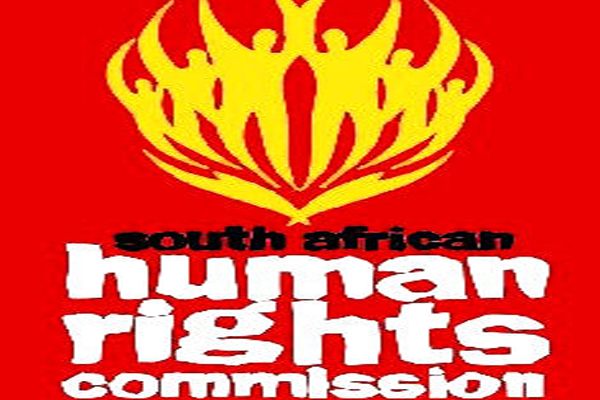The South African Human Rights Commission (SAHRC) said they were closely monitoring the developments following the announcement on the provision of free higher education for poor and working class students in South Africa.
“Education is central to the eradication of poverty, the attainment of substantive equality and the advancement of the country. It is therefore important to transform higher education in South Africa and make it more inclusive so that those who have been traditionally denied access because of their poor economic status are also afforded access,” the Commission said in a statement. “The policy decision to provide free higher education for students falling within the announced threshold therefore represents a positive move towards the progressive realisation of the right to further education and training.”
The Commission urged the State to provide clarity on the implementation of the announced decision to provide free higher education as soon as practically possible to remove the prevailing uncertainty.
The Commission had observed increasing tensions among several stakeholders in light of the current registration processes under way.
“It must be noted that the decision on free higher education does not increase the number of spaces that each institution of higher learning can afford to avail to students,” the Commission said. “Those institutions should therefore not be compelled, directly or indirectly, to admit more students than the number of learning spaces that each of them can make available to students. Overcrowding and stretching resources available at these institutions can have a negative impact on the very right of access to higher education that the country is trying to give poor students access to.”
The Commission recalled pas incidents which resulted in violence, disruption of academic programmes, the destruction of property and intimidation of persons across a number of university campuses and said it wished to highlight the importance of resolving disputes through peaceful means.
“The Commission therefore urges all parties to work collaboratively to ensure that all poor students are accommodated and that the registration processes across all campuses take place in an inclusive and peaceful manner.
“The Commission will continue to monitor the situation and avails itself to facilitate engagements among relevant stakeholders with a view to addressing concerns and mitigating potential instability.”



